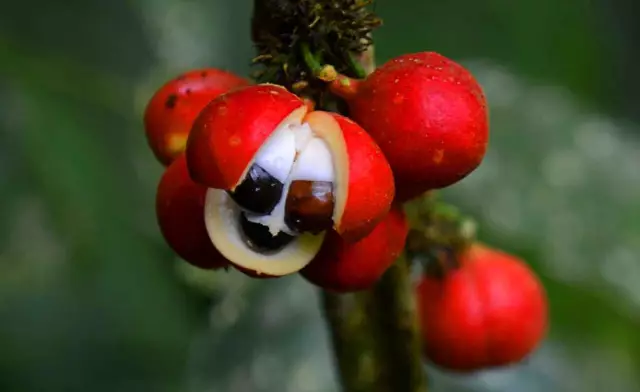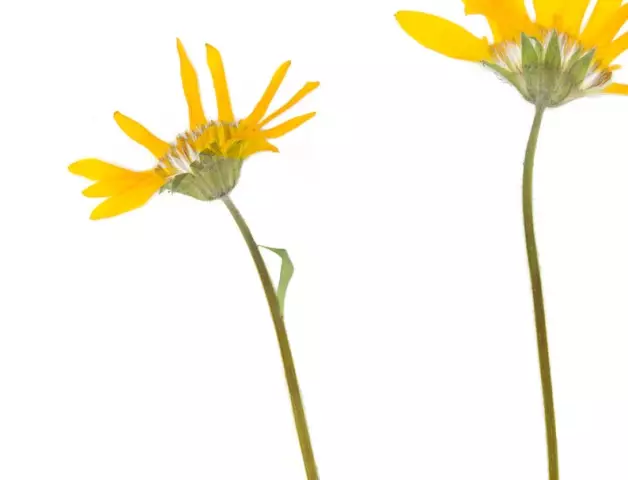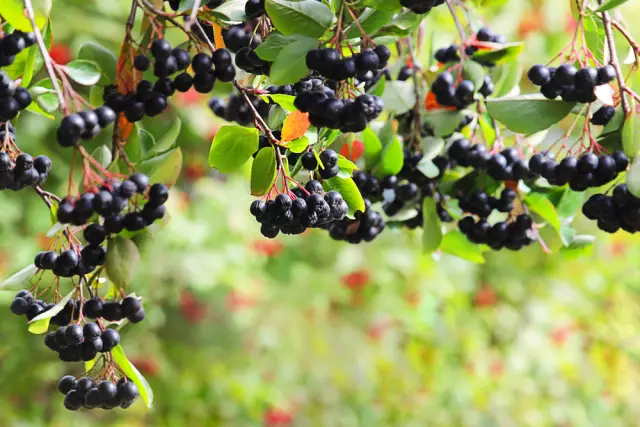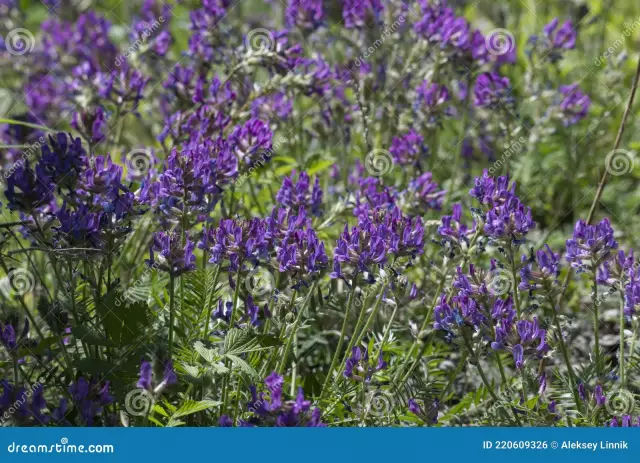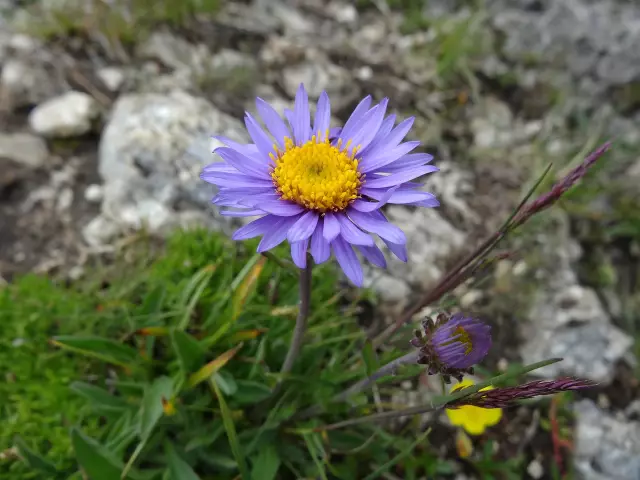- Author Rachel Wainwright wainwright@abchealthonline.com.
- Public 2023-12-15 07:39.
- Last modified 2025-11-02 20:14.
Guarana

At the modern pace of life, people need to replenish their energy reserves. To this end, manufacturers of sports nutrition began to produce special "energy products" that give the body strength. Almost all of these products contain guarana.
Description
Guarana is an evergreen creeping shrub from the Sapindov family, with large, bundled leaves. Guarana has dark shoots bordered by oval serrated leaves and inflorescences on short cuttings. In height, the shoots can reach 10 meters, and its fruits can be compared in size with coffee beans, so sometimes they are quite difficult to collect.
The plant grows wild in Uruguay, Colombia, Peru, Venezuela and the state of Amazonas. And over the past decades, guarana has been successfully grown in the same states for industrial purposes.
History
The plant got its Latin name "Paulínia cupána Kunth" in honor of K. Pauli, a German explorer who discovered the plant in the 18th century. The Portuguese name guaraná comes from the word "warana", and from the language of the Amazonian Indians Maue is translated as "fruit like the eyes of people." It is not without reason that the Brazilians called the plant this way: in the context of the ripe guarana fruits, they really resemble an eyeball. There is even a legend about an evil deity who killed a boy from the Maue tribe. And the more generous god tore out the eyes of the child, he planted the left one in the forest, and the right one - in the village where the tribe lived. It was from these seeds, according to an ancient legend, that guarana grew.
Due to its miraculous properties, guarana was used by the Indians to prepare a tonic drink, and also as a medicine. They separated the seeds of the fruit from the pulp, crushed them and mixed them with water. The result was a dough, from which the natives made small sticks and dried them in the sun. It was these sticks, about 2.5 cm in diameter, that the natives, if necessary, ground and added to water or juice. It was believed that such a drink perfectly restores strength after exhausting physical exertion.
Gradually, guarana gained more and more popularity, and in 1905 the Brazilian physician Luis Pereira Barreto left rave reviews about guarana as a plant that is of great benefit to all mankind.
By the way, in Brazil the traditional question "Tea or coffee?" sounds like this: "Tea, coffee or guarana?".
Guarana fruits and seeds
From above, the guarana fruits are covered with a dark yellow or grayish skin with a scarlet shell. When the fruit ripens, the skin bursts, and underneath it opens an oval seed of purple-brown or black color.
Guarana seeds are used in the production of energy drinks. First, they are soaked for a while, this helps to get rid of the fruit pulp. After that, the seeds are dried in the sun, lightly fried and crushed. As a result, a powder is obtained from the seeds, which contains a large amount of caffeine. When added to water, a tonic drink is obtained.
Chemical composition of guarana
Guarana owes its tonic properties to its composition. The fruits of the plant contain 7% resin, 0.6% saponin, 5.5% amide. There are traces of acids adenine and guanine, magnesium, potassium, sodium, calcium and vitamin B1.
Guarana seeds contain a crystalline substance called guaranine, which is very similar in properties to the tinin found in tea and caffeine, as well as to the constituents of cola and cocoa.
The composition of guarana contains caffeine, which does not have aggressive properties, therefore it is absorbed gradually and has a gentle effect on the body. Guarana has a stimulating effect on a person, which is five times higher than the effect of caffeine, and at the same time does not irritate the gastric mucosa.

Judging by the numerous reviews of guarana, many people prefer it to coffee, as it does not cause feelings of overexcitement, insomnia, heart palpitations and other unpleasant consequences that usually occur after several cups of coffee.
Applications and properties of guarana
To date, the properties of guarana are successfully used in the production of medicines and food supplements. On its basis, energy drinks are prepared, which are not only pleasant to the taste, but also perfectly quench thirst and restore the body's energy reserves.
According to reviews, guarana has a stimulating effect on the work of the nervous system, increases the body's performance and physical endurance, activates fat metabolism, which is a significant nuance during prolonged exertion.
Supplements containing guarana extract are useful for a variety of activities that require increased physical activity, concentration and intellectual stamina.
Guarana is useful for chronic fatigue syndrome, it increases the body's endurance and performance, helps in the fight against excess weight (accelerates fat burning and reduces appetite), promotes a balanced and positive emotional state, helps with dizziness and migraine, supports the cardiovascular system, increases calorie consumption during exercise.
Contraindications to guarana
Do not overuse products that include guarana, as this can lead to increased nervous irritability and insomnia. According to reviews, guarana should be used with caution by elderly people, as well as people with severe atherosclerosis, high blood pressure, heart problems, pregnant women and nursing mothers.
Guarana should be used with caution for people with sleep disorders, especially in the afternoon.
YouTube video related to the article:
Found a mistake in the text? Select it and press Ctrl + Enter.

